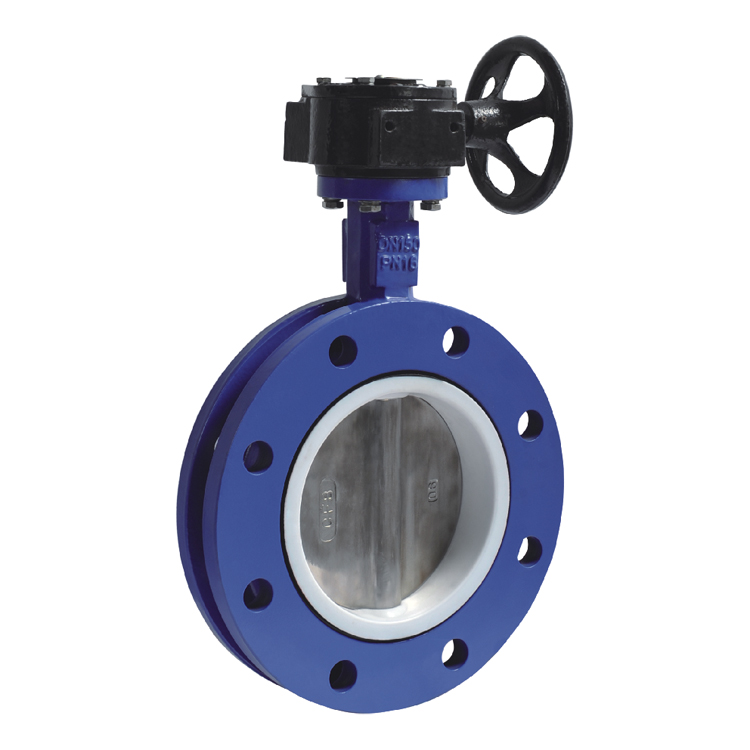
- Call Us
- +8618633052223
- njhdvlz@163.com
Nov . 13, 2024 08:22 Back to list
high flow check valve manufacturer
Understanding High Flow Check Valve Manufacturers Key Features and Benefits
In the realm of fluid dynamics and control systems, high flow check valves play a crucial role in ensuring efficient and safe operation across various industries. These valves allow fluid to flow in one direction while preventing backflow, thus maintaining system integrity and performance. As industries increasingly demand more stringent safety and performance standards, the importance of high-quality check valves cannot be overstated. This article delves into the significance of high flow check valve manufacturers, the features to consider, and the benefits they bring to various applications.
The Role of High Flow Check Valves
High flow check valves are designed to facilitate significant volumes of fluid while minimizing pressure drops. They are used extensively in applications like water and wastewater treatment, oil and gas, chemical processing, and power generation. Their primary function is to ensure that once fluid flows through the system, it cannot reverse direction. This is crucial for preventing backflow, which can lead to contamination, equipment damage, and system inefficiencies.
Key Features of High Flow Check Valves
When considering high flow check valve manufacturers, several features and specifications are critical
1. Material Construction The materials used in manufacturing check valves significantly impact their performance and durability. Common materials include stainless steel, brass, and various plastics, each selected based on the application’s specific needs, such as resistance to corrosion, temperature tolerance, and pressure handling.
2. Flow Rate Capacity A crucial characteristic of high flow check valves is their ability to handle large volumes of fluids efficiently. Manufacturers often provide detailed performance data about the valves’ flow rate capacities, expressed in gallons per minute (GPM) or liters per second (LPS).
3. End Connections Depending on the installation requirements, check valves come with different types of end connections, including threaded, flanged, and welded. Choosing the right connection type ensures compatibility with existing systems.
4. Design and Type High flow check valves are available in various designs, including spring-loaded, diaphragm, and ball-type check valves. Each type has its advantages and ideal application scenarios, influencing the choice based on operational needs.
5. Pressure Class Valves are rated for specific pressure classes, meaning they can withstand particular pressure levels without failure. Understanding the expected pressure conditions within the system is essential when selecting a suitable valve.
high flow check valve manufacturer

6. Certification and Standards Compliance Reputable manufacturers will conform to industry standards and certifications, such as ASME, ASTM, or API. Compliance indicates the manufacturer’s commitment to quality and safety.
Benefits of Working with Quality Manufacturers
Selecting high flow check valve manufacturers wisely can lead to numerous benefits, including
1. Reliability Premium manufacturers invest in quality assurance processes and testing, ensuring their products deliver consistent performance and longevity. This reliability reduces downtime and maintenance costs associated with premature valve failure.
2. Expert Guidance Established manufacturers often have teams of engineers and technical professionals who can provide valuable advice on valve selection, system design, and troubleshooting. This expertise can optimize system efficiency and performance.
3. Customization Options Many high flow check valve manufacturers offer customization options to meet specific application requirements. Tailored solutions can result in improved system performance and enhanced safety.
4. Innovation Leading manufacturers are often at the forefront of technological advancements. By choosing a manufacturer known for innovation, customers can benefit from the latest designs and features, which can lead to improved system efficiency and reduced operational costs.
5. Comprehensive Support Reliable manufacturers typically offer excellent customer service and support, ensuring that clients can obtain assistance with product selection, installation, and maintenance.
Conclusion
High flow check valves are integral components in numerous industrial applications, and their selection should not be taken lightly. By understanding the critical features to look for and recognizing the advantages of working with reputable high flow check valve manufacturers, businesses can ensure that they utilize the best components for their needs. Investing time in choosing the right manufacturer not only enhances system performance but also plays a pivotal role in ensuring safety and reliability in fluid management processes.
-
Double Flanged Short Pattern Butterfly Valve | Compact, Efficient Flow
NewsAug.01,2025
-
Precise 3-Inch Butterfly Valve Dimensions | Durable Flow
NewsJul.31,2025
-
3 Butterfly Valve Dimensions | GPT-4 Turbo Precision Specs
NewsJul.31,2025
-
Stainless Steel Sanitary Butterfly Valve for Hygienic Flow Control
NewsJul.30,2025
-
High-Performance Groove Butterfly Valve for Easy Installation
NewsJul.30,2025
-
High-Quality 2 Inch Butterfly Valve for Precise Flow Control
NewsJul.29,2025